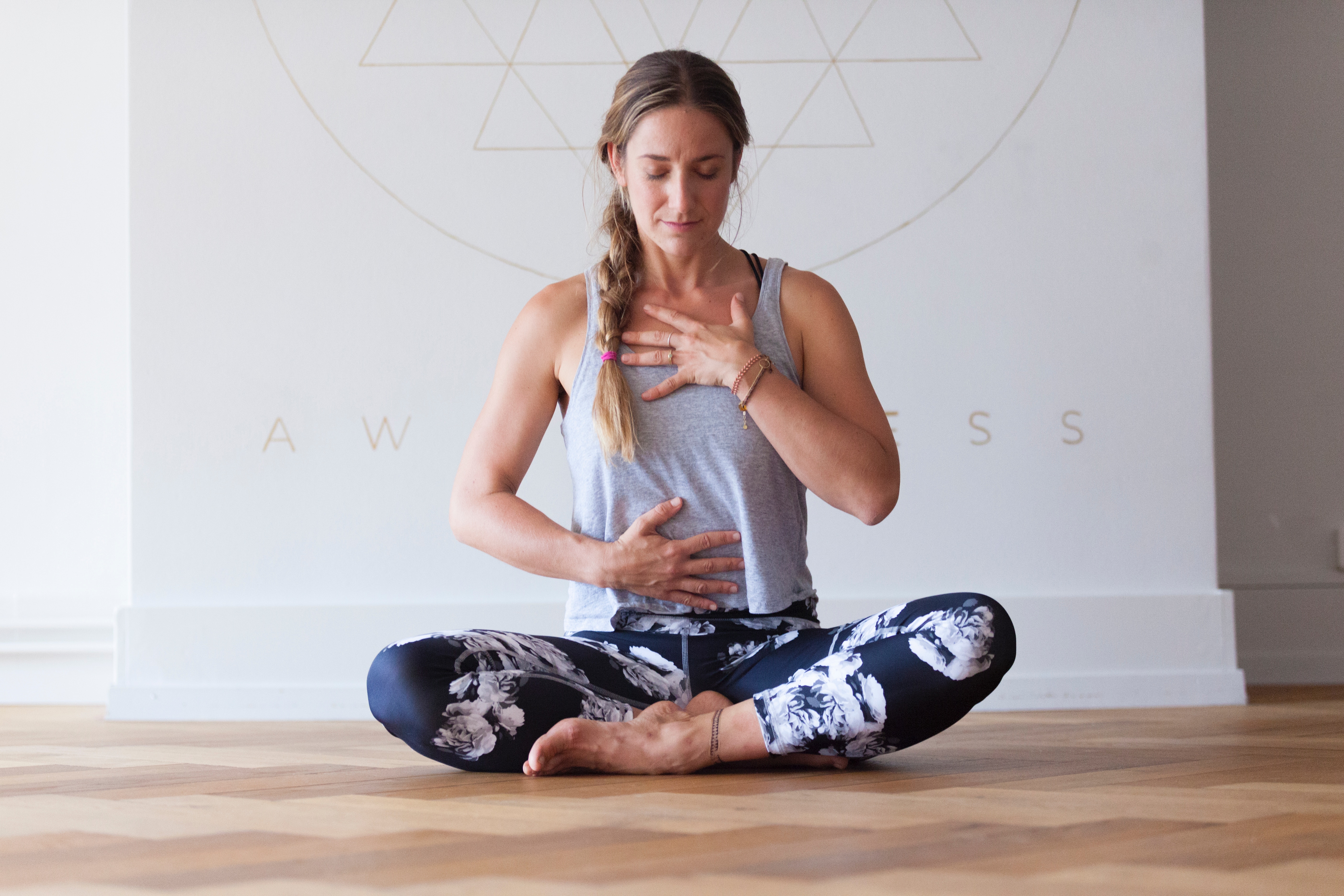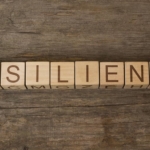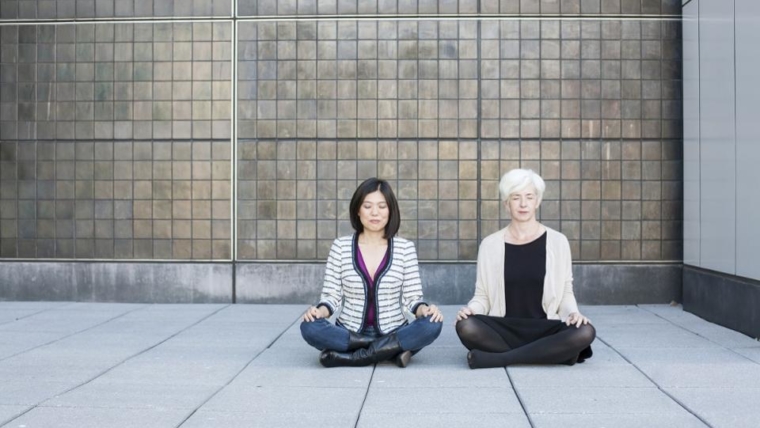
Having a clear plan for coping with stress can help you feel empowered when you are facing a lot and enable you to take more effective action, shedding your stress and feeling more relaxed and effective in your life. The key is to have an idea of how to cope with different types of stress, a mix of short-term stress relievers to help you feel calmer when things heat up, and ongoing habits that relieve stress before it begins to feel overwhelming.
How to Find Short-Term Stress Relief
When you’re feeling stressed, it’s important to be able to calm your physiology and reverse your stress response. This can help you to physically relax, gain emotional footing, and tackle your stressors with a more level-headed approach than you may have access to if you were in the midst of a stress reaction.
- Count your breaths. This can double as a mini-meditation and be used anywhere. Find a comfortable place to sit (if possible), relax your body, and breathe through your belly while your shoulders relax. Count “one” as you inhale and “two” as you exhale. Then count “three” on your next inhalation, and so forth. This can help you to focus on the present moment, bring your thoughts inward, and relax your body at the same time.
- Make a list. Specifically, list things for which you are grateful. Those who feel gratitude tend to feel less stressed in general. By shifting your focus away from what is stressing you right now, you can minimize that feeling of being overwhelmed and remind yourself of the resources you have to manage stress in your life.
- Take a walk. By taking even a quick walk, you can give yourself a change of scenery and a little exercise at the same time. Getting your body moving and shifting your focus can give you a quick boost in mood and provide an opportunity to get into a new frame of mind. Both of these things can quickly help you feel less stressed.
Develop Long-Term Stress Relief Habits
These resilience-promoting practices can not only help you relieve stress as you engage in them, but they can help you to be less reactive to stress that you encounter in your future activities and daily life.
- Meditation: Those who practice meditation once or twice can feel less stressed in minutes. However, those who practice meditation regularly can build resilience toward stress, which helps even more in the long run. Meditation boosts your mood, shifts your focus away from stress, and creates other changes in you that help you to be less reactive to stress.
- Exercise: You know that exercise is good for your body, but you may forget that exercise is healthy for your stress levels as well. Regular exercise also makes you less reactive to stress and provides you with a useful technique to refocus your attention, let out your frustrations, and even connect with others.
- Self-Care: Taking care of your body is more important than you may realize. Practicing self-care in the form of getting enough sleep, eating a healthy diet, and staying away from things that aren’t good for you (like too much alcohol) can help you stay healthier and happier. You may not realize that lack of sleep can exacerbate stress, but it does.








